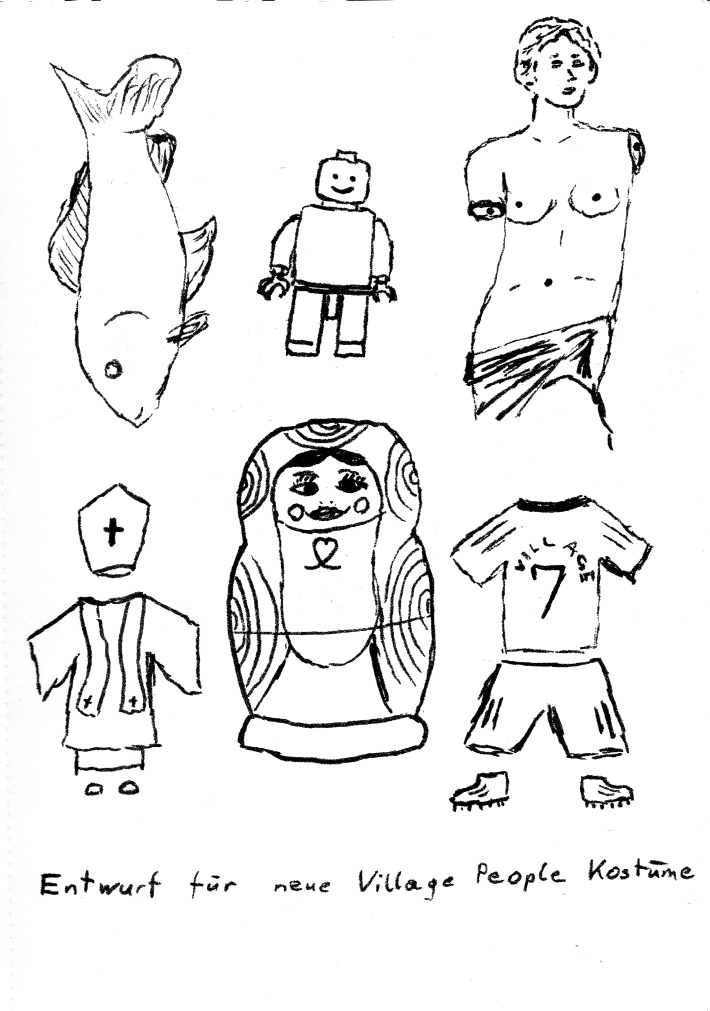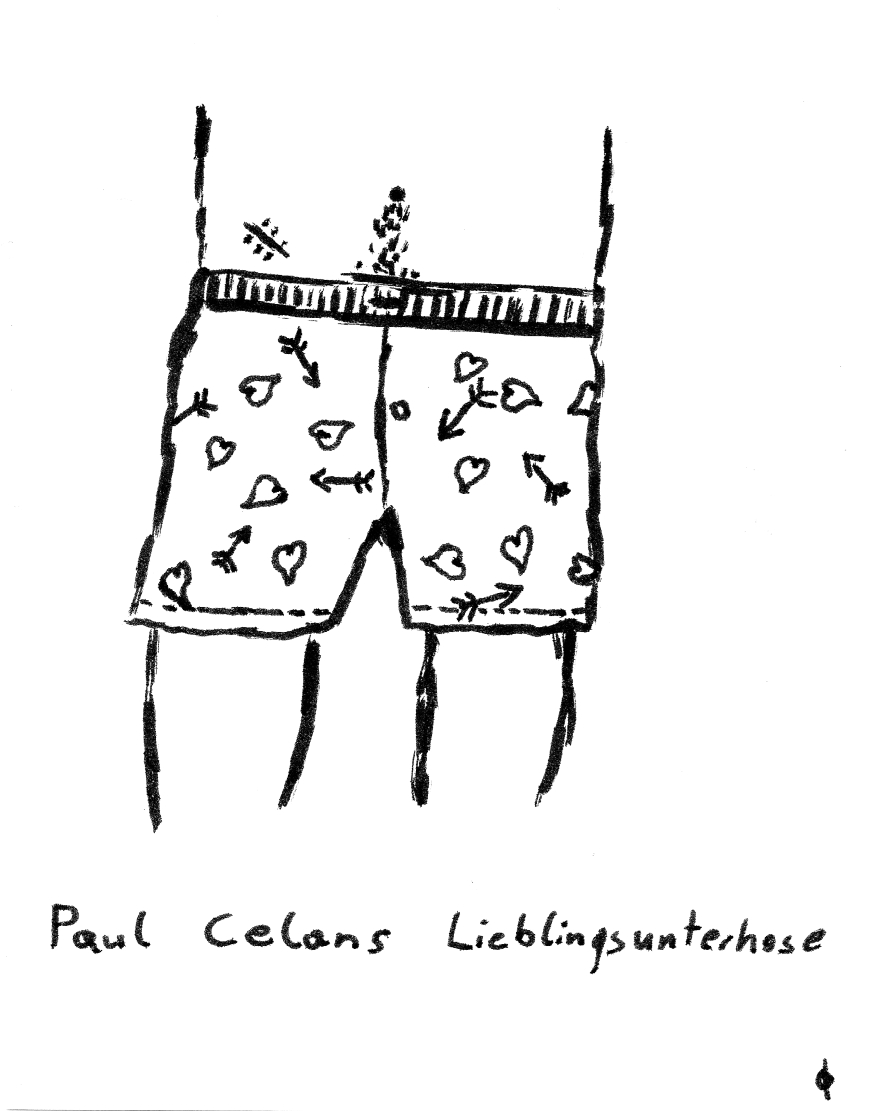Nothing really matters, does it?
Mariano is your typical 17-year-old: dancing frantically in a disco one minute, playing the recorder in a woodwind quartet the next, mowing the lawn and shooting himself twice with a gun he has just found in the shed. Why? Well, it was a hot day and shooting is what you are supposed to do with a gun, isn’t it? Dos disparos starts with very strong and powerful scenes that makes the audience hungry for more. We want to know how Marianos seemingly random act affects his life and those of the people around him. But none of the questions gets answered in this film. Even more, it’s like writer and director Marín Rejtman wanted to tell us everything else but the answers.
Everyone, including Mariano, is quite relaxed about his supposed suicide attempt. His mother does remove all the knives from the house but that might as well be because they were only having fast food anyway. Does Mariano take his antidepressants? No. Does anyone care? No. Is anyone worried that he is suddenly making weird whistling sounds while he is playing the recorder? No, that will surely pass. The world of Dos disparos is one without consequences or developement. If something unusual happens, nobody seems to worry, as it will soon be back to normal anyway. This impression is heightened by the unemotional acting style and the very dry humor that slowly seeps into the film.
Right after the beginning, the film disintegrates into several, loosely connected storylines. There is Marianos brother who falls in love with a girl who works in a fast food restaurant. She has been in the process of leaving her current boyfriend for over 2 years now. He can’t remember if he has had sex with her sister or not, but those things don’t matter, nothing really does. Marianos mother is burnt out from her job as a lawyer. She goes to a psychotherapist but after lying silently on the couch for 10 seconds, it becomes clear that therapy is not working. Instead, she goes on a holiday with some people she doesn’t really know or care for to her seaside appartement she doesn’t really like. There, she spends a few boring days with some boring people. Mariano himself is occupied with his broken and permanently ringing mobile phone, he’s playing the recorder, or being denied access to institutions with metal detectors as one of the bullets is probably still in his body. Or maybe the bullet isn’t in there any more. Nobody knows and, you guessed it, nobody cares.
If this sounds chaotic and strange to you, well, that’s because this film is just that. You can lose yourself in it and it will keep your attention for a while. But its narrative inconsistencies and the sudden changes in tone and atmosphere will sooner or later leave you baffled. You’ll be waiting for the next gag, rather than being interested in the various stories. Much like the film itself, you become indifferent towards the people in it. The potential for satire, that is clearly present in the premise of the film, is therefore sadly waisted on a few funny, but ultimately shallow jokes.
Still, the movie is largely very enjoyable and probably ranks above the average Viennale-experience. I don’t know why this review sounds so negative, if it even does? I’m probably still a bit rusty.
1 or 2?: 1

